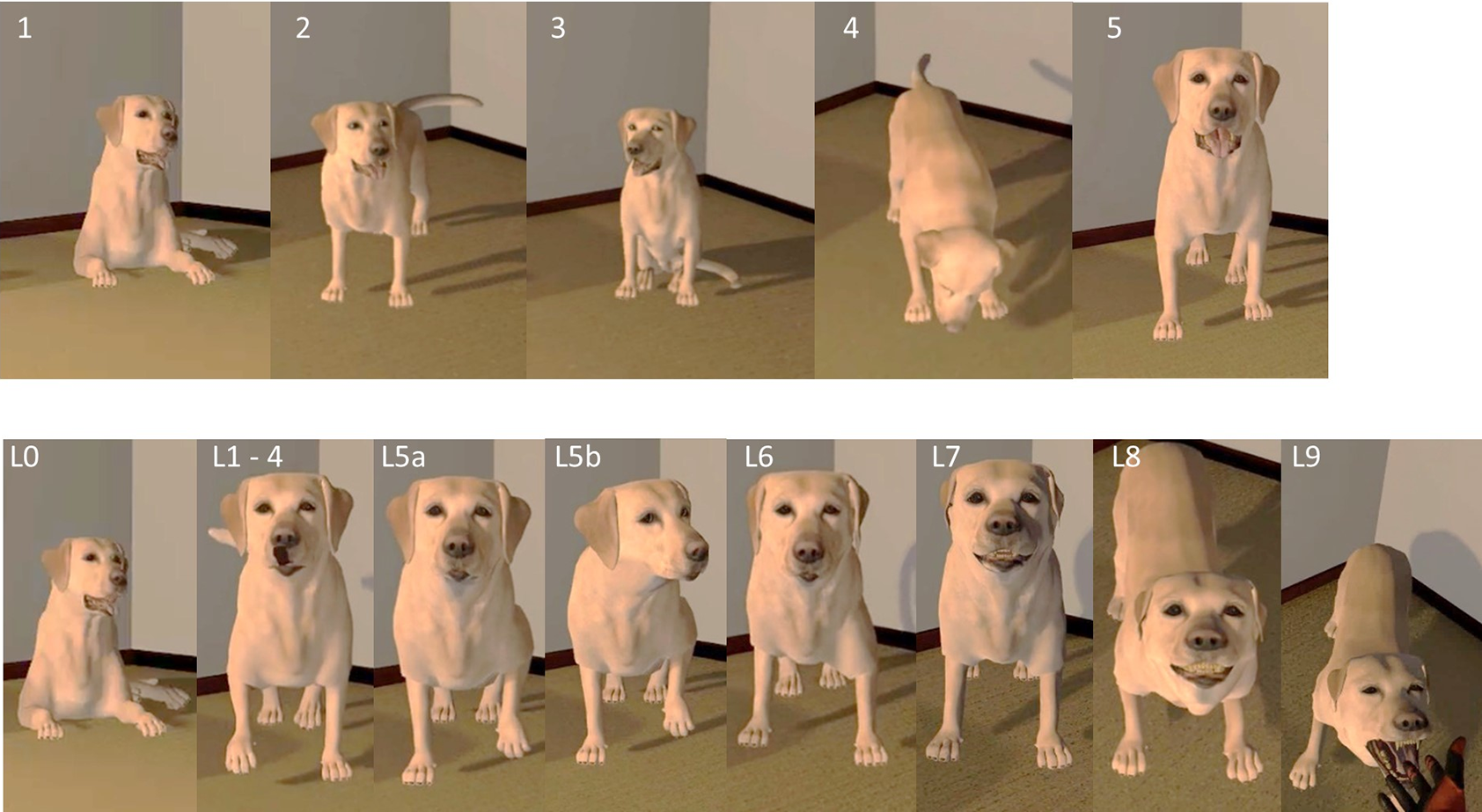27th – 30th June 2024 saw the prestigious International Society of Anthrozoology (ISAZ) conference take place at Hartpury University.
ISAZ is a worldwide, non-profit organisation which supports the scientific and scholarly study of human-animal interactions. Past conferences have been held in Scotland, Florida and Australia so it was an opportunity not to be missed when hosted in Gloucestershire!
Anthrozoology is the examination of humans’ relationships with animals. The conference saw worldwide experts, researchers, and practitioners united in their interest of the human-animal bond and how humans and animals interact, co-exist and influence one another.
Deb Morgan and Danielle Perry from our Education Team were excited to be a part of the conference. It provided an opportunity to showcase some of the unique Animal Assisted Services (AAS) they provide at Cheltenham Animal Shelter.
It was a huge honour to be invited to present a poster presentation on the HALT project as well as attending presentations and talks from various scholars and organisations.


The conference saw a huge scope of interesting considerations from the world of Anthrozoology, ranging from an animal’s impact on Children or Young People with Special Educational Needs, to the effects of COVID-19 on families with a new puppy.
One presentation explored how our emotional bond with our pet could potentially impact on their health, where a study found a link between high owner stress levels and lower physiological health in their dog.

With dog bite incidents in the U.K. at an all-time high, a particularly thought-provoking topic was the exploration of a virtual reality Labrador known as DAVE (Dog Assisted Virtual Environment), who has been created to provide a safe way of teaching people how to recognise and interpret dog communication and signs of stress.
Pioneered by the University of Liverpool, and funded by the Dogs Trust, DAVE can be seen within a lifelike home scenario and on approach will exhibit the generalised behaviours of a stressed or wary dog – lip licking, yawning, avoidance etc. Should the virtual human continue to approach and ignore these behaviours, the result is a virtual dog bite!
The outcome is a potentially very useful educational tool, without any risk of harm to human or negative welfare implications for the animals so it will be interesting to see how this project develops


A great take-away from the event was the interactive workshop hosted by the Society of Companion Animal Studies (SCAS) of whom we hold membership to and adhere to their Code of Practice.
This workshop helped to ensure we are always considering what is best practise for both the humans and animals involved in any AAS by following good protocols and policies.

Sadly, the Animal Assisted Services world is still an unregulated area, and with growing popularity in the benefits of animals on human wellbeing, we now see a vast number of animals in settings including schools or care homes for therapeutic purposes, many of whom may not be aware of the impact that these sessions can have on the animals involved.
The SCAS Code of Practise is accessible for all, and a must-read for those organisations who are currently hosting or considering introducing pets for client support or wellbeing at http://www.scas.org.uk/animal-assisted-interventions/code-of-practice/
If you would like to find out more about our HALT project please visit our Education & community section.


